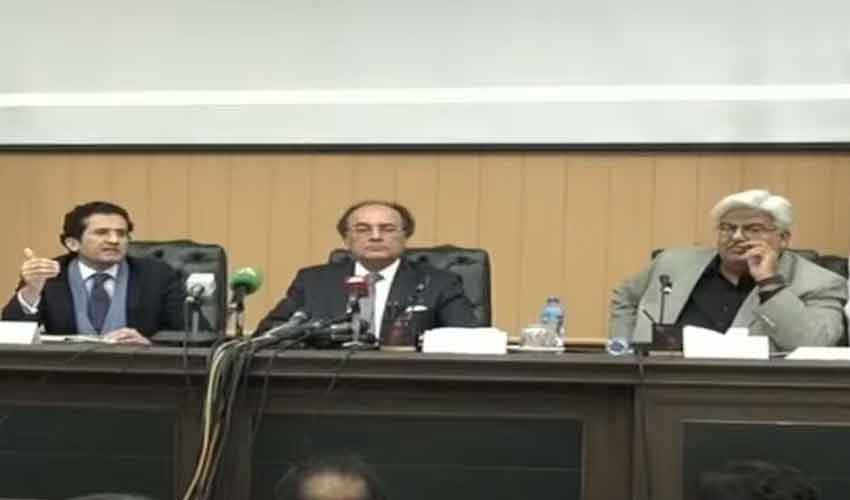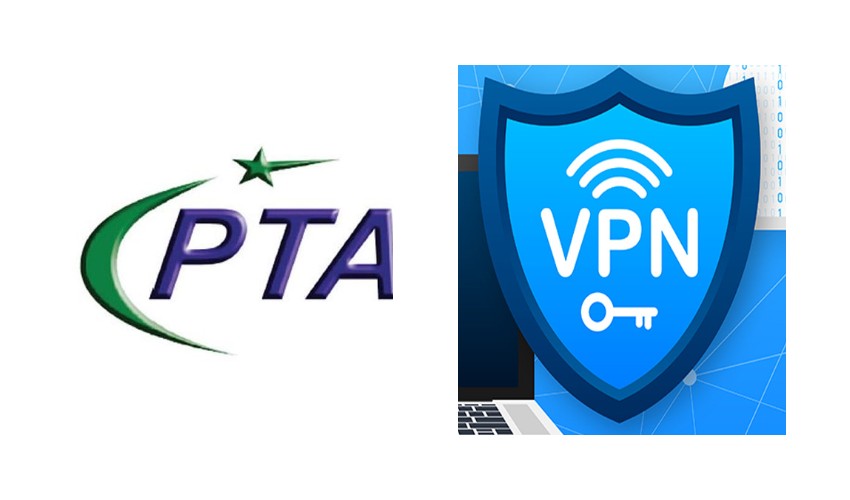Federal Finance Minister Muhammad Aurangzeb outlined the government's strategy to boost Pakistan's tax-to-GDP ratio, combat corruption, and address inflation during a press conference in Islamabad on Thursday.
The finance minister announced that Pakistan’s current tax-to-GDP ratio stands at 9% to 10%, with a target to increase it to 13.5% within the next three years. He emphasised that the recently introduced tax amendment bill aims to expand the tax net and bring greater transparency through digitalization.
"We are implementing digital systems to reduce corruption and harassment while also increasing revenue," said Aurangzeb. He highlighted that the design phase for the digitalization initiative took four to five months and was approved in September. The implementation phase is now underway, focusing on controlling tax gaps and leakages through data analysis in sectors such as sugar, cement, and textiles.
Minister of State for Finance Ali Pervaiz Malik also spoke on inflation, stating that the government is committed to reducing it from the current range of 30-40% to 5%.
"To control inflation, we must address deficits and diversify revenue sources," he said, adding that the burden of taxation should not fall solely on salaried individuals and industries.
Ali Pervaiz further explained that modern tools would be used to analyse individuals' income and expenses for better tax collection. Recommendations from a task force established by the prime minister are being implemented to achieve these goals.
Federal Board of Revenue (FBR) Chairman Rashid Mahmood Langrial estimated Pakistan’s annual tax gap at Rs7,100 billion for the current year, up from Rs6,200 billion last year. He noted that the FBR has analysed data from 4.9 million non-filers, identifying significant discrepancies in income declarations.
He further revealed that the average annual income of 670,000 people is Rs13.2 million, while the average annual income of 3.3 million people is Rs4.8 million.
"Notices and show-cause notices were issued to 451 individuals, targeting the top 5% of income earners, as they account for the majority of tax leakage," Langrial said, adding that there was a tax leakage of only Rs140 billion from the remaining 95%.
He also highlighted advancements in monitoring systems, such as the installation of sensors on sugar mills in Punjab and Sindh, to prevent tax evasion.
The FBR has begun addressing issues like fake or flying invoices in sales tax. According to Langrial, the new system has completely traced such records, ensuring greater transparency.
The minister further admitted that a shortage of field staff has hindered the full implementation of the Point of Sale (POS) system, which currently connects 32,000 outlets. Additional auditors and workforce will be recruited by February-March to address this shortfall, and Finance Minister Muhammad Aurangzeb assured the press of the government's commitment to fully implement the POS system.
Addressing inflation, the finance minister blamed middlemen for driving up prices and assured the public of efforts to mitigate their impact.


























